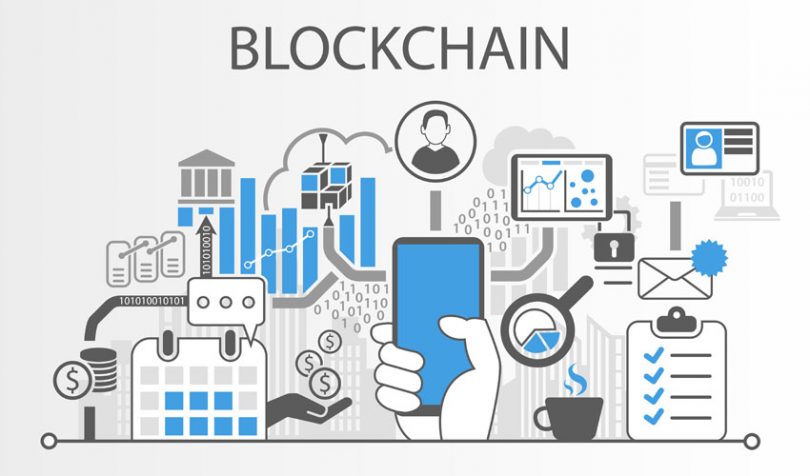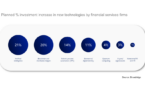This week Juniper issued a whitepaper entitled ‘5 industries that will fuel the blockchain boom.’
Land Registry
Juniper selected Land registry because it remains heavily paper-based. Even countries that run centralized property databases still mainly use paper correspondence and physically signed documents. The process is time-consuming plus there’s often a time lapse between signing contracts and the registration of the sale.
For example, in Cyprus, it’s a massive problem with people waiting months and years for title registration. It turns out that many property developers still have mortgages on the plots even though they sold them.
According to the World Bank only 30% of land rights are registered or recorded worldwide.
The research company states that the immutability of blockchain could be a disadvantage and a privacy issue. And they predict the transition to blockchain will be slow.
Jupiter doesn’t talk about fraud concerning land. While blockchain can help in tampering with records, it can’t stop the data being manipulated before it’s written to a ledger. There’s an excellent Quartz article about using blockchain for land title in India.
Food provenance
In the past few years, there have been numerous food scandals. Some are outright fraud, for example where beef in packaged products, in reality, is horsemeat. In another instance, one of the UK’s largest poultry suppliers altered the slaughter date of chickens. UK food fraud is estimated at £11.2 billion per year.
Using blockchain will reduce the scope for tampering once the data is on a blockchain. But again it won’t prevent it before that stage.
Apart from fraud, blockchain can help with food contamination by enabling the tracing of food origin. That can also reduce wastage. If you don’t know which batch of product is bad, there’s a tendency to throw out the lot. Finally, blockchain can improve the efficiency of food production.
Two examples of blockchain projects include the UK Food watchdog’s pilot and FoodLogiQ‘s test with Subway and Tyson. Most famous of all is Walmart’s traceability project.
Automotive
This one resembles a mix of provenance and property title. It’s possible to use blockchain to track an entire vehicle or its component parts. Additionally, blockchain can be used to register the ownership of the car. Once the data is on a blockchain it can be used for supply chain finance.
Leger Insights features many articles about blockchain and trade finance.
Juniper skips some of the most interesting automotive applications. For example, tokens can be used to incentivize car owners to drive in an environmentally friendly manner. Daimler tried it with employees.
Healthcare
Jupiter primarily mentions Electronic Health Records and the advantages of sharing the data between hospitals, clinics, and medical practices. The idea is to combine this with smart contracts which only allow access to data under certain circumstances. Such as when a patient consents.
There’s a ton of other applications. Clinical trials and research is a big one, offering health insurance based on your lifestyle is another. There’s a great example of providing diabetes insurance to pregnant mothers using blockchain.
Plus there are all the pharmaceutical industry applications including counterfeit drug detection. These examples still only scratch the surface.
Financial Services
Finance is a massive area and the most obvious application of enterprise blockchain and distributed ledger technologies. Juniper hones in on using blockchain for settlement. Many clearinghouses process millions of transactions a year for financial, commodities, derivatives and securities transactions. Each clearinghouse has its own processing system. By using blockchain, the process can be standardized and the infrastructure shared.
The research company explores cross-border settlement in depth. Blockchain can deliver savings in payment processing, compliance, treasury operations and reconciliations. They estimate savings will reach $1 billion by 2024 rising to $27 billion annually in 2030.






